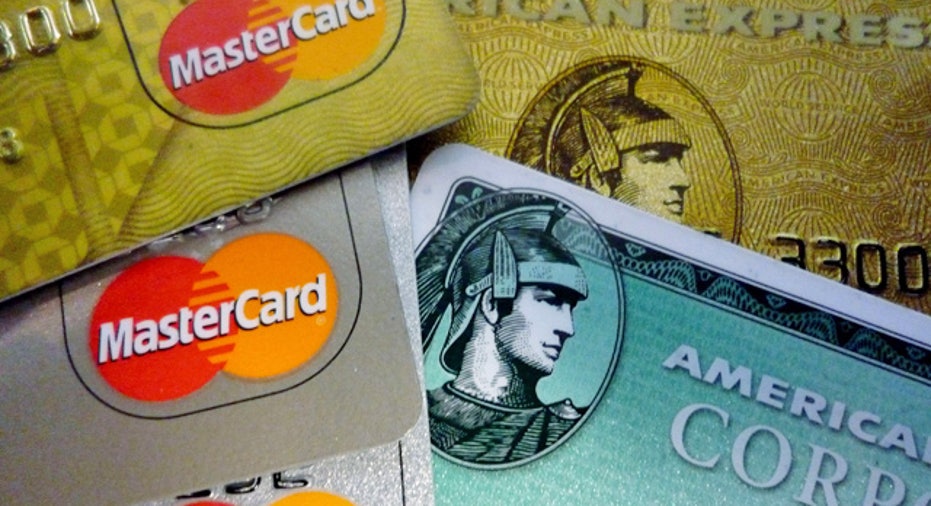Sorting out Credit Card Payment Splits When Deferred Interest Involved

Dear Credit Care,
I asked my credit card issuer to apply a large overpayment to a promotional offer balance that was about to expire instead of to my current higher interest balance and was told it was illegal for them to do that. Is this true? Incidentally, when the promotional offer expires, that interest rate will be higher than the current high interest balance. Thank you.
- Lori
Dear Lori,
The Credit Card Accountability, Responsibility and Disclosure Act of 2009 does include a provision that requires card issuers to apply payment amounts above the minimum amount due to the balance with the highest interest rate. The only exception to this rule is for deferred interest rate programs. A deferred interest rate program is typically advertised as "same as cash" by card issuers. If you pay off the entire balance before the deferred interest rate period ends, you are not charged any interest. (As a warning, if you don't pay off the balance before the deferred interest period ends, you are charged interest from the date of purchase.) So if you have any other balances on your card and also a deferred interest balance, the CARD Act states that the card issuer must apply the entire payment amount above the minimum amount due to the deferred interest rate balance for the last two billing cycles before the deferred interest period ends. This exception to the rule allows you the opportunity to pay off a deferred interest balance and avoid being charged interest for any card that has multiple balances.
Because your card issuer responded to your request with the answer that it would be illegal to apply your payment to your promotional rate balance, I believe your promotional program is not a deferred interest rate program, but instead a program that includes a low interest rate for a specified period of time. These programs might include a low introductory interest rate program for a new card or a low interest rate for balance transfers. Many promotional interest rate programs last for six to 12 months and then revert to a higher interest rate at the end of the program. The interest rate is not deferred, but at a lower rate than your purchase interest rate on the card. The card issuer would not be allowed to allocate your payment to the lower interest rate balance because the exception to the rule in the Credit CARD Act only applies to deferred interest rate programs.
However, as you pointed out in your letter, the interest rate on your promotional rate balance will be higher than your current highest rate balance on the card once the promotional period ends. At that time, you can make the large overpayment and it must be applied to the balance that you want to pay off since that balance will have the highest interest rate of the balances on your card. One way to avoid having this problem in the future is to assure that any promotional rate offers you secure are on credit cards on which you do not carry an existing balance.
Should the program on your card be a deferred interest rate program, contact your card issuer again and ask to speak with a supervisor. The person that you spoke with previously may not have been aware of the Credit CARD Act rules. Although the card issuer will not have to apply the overpayment to the deferred balance until the last two billing cycles, some are willing to apply the overpayment to the deferred balance when you make the request.
Handle your credit with care!
See related: How 'deferred interest same as cash' programs work, CARD Act bans card payment allocation trickery



















